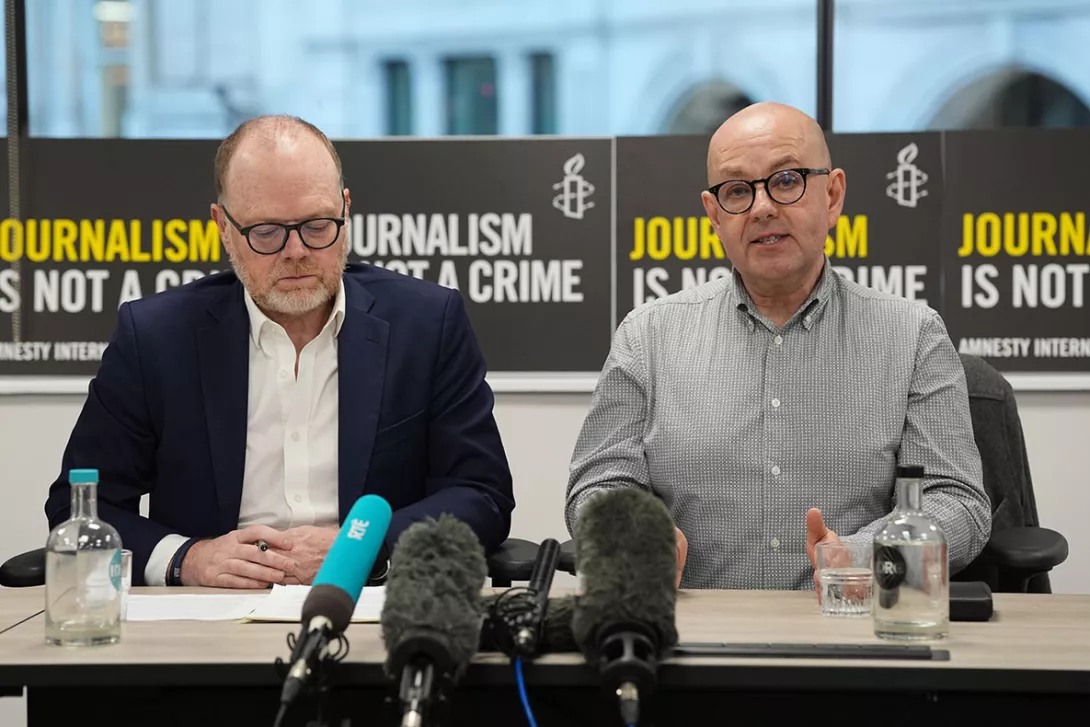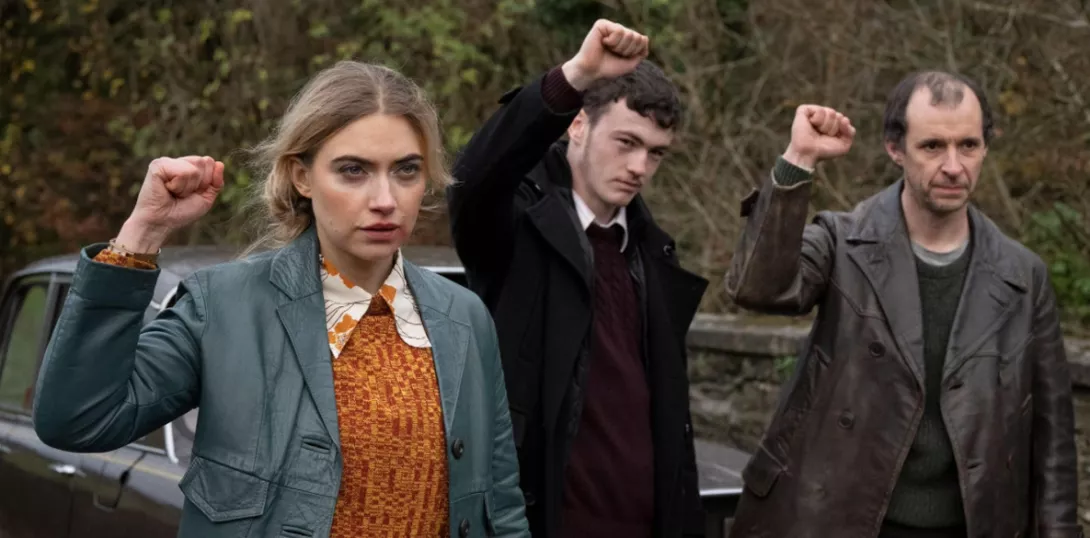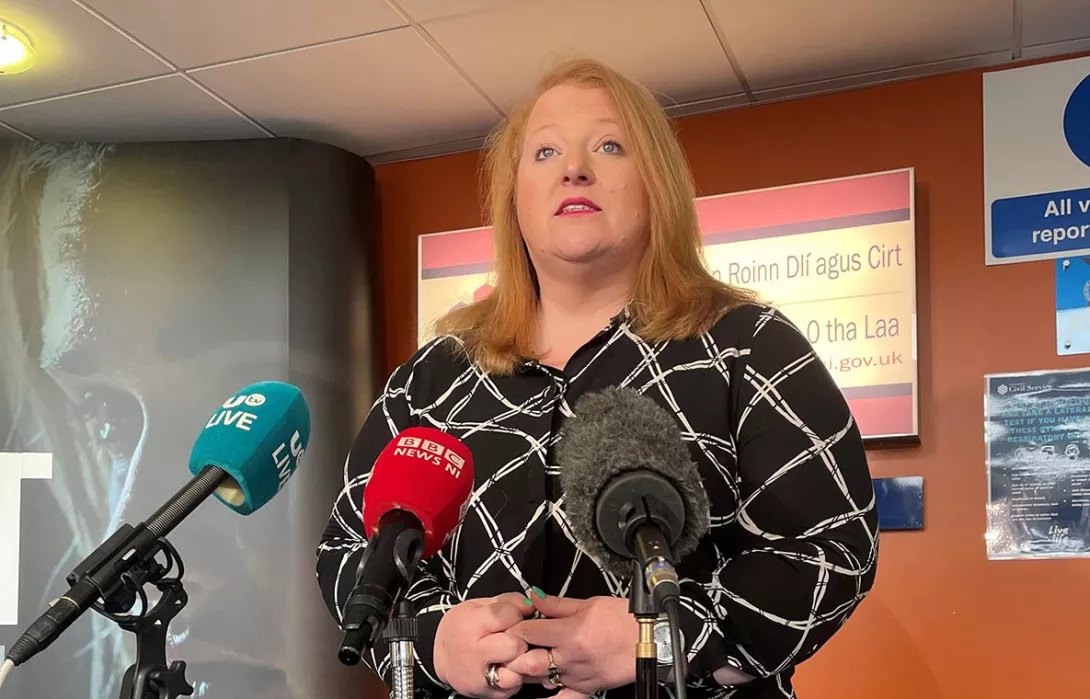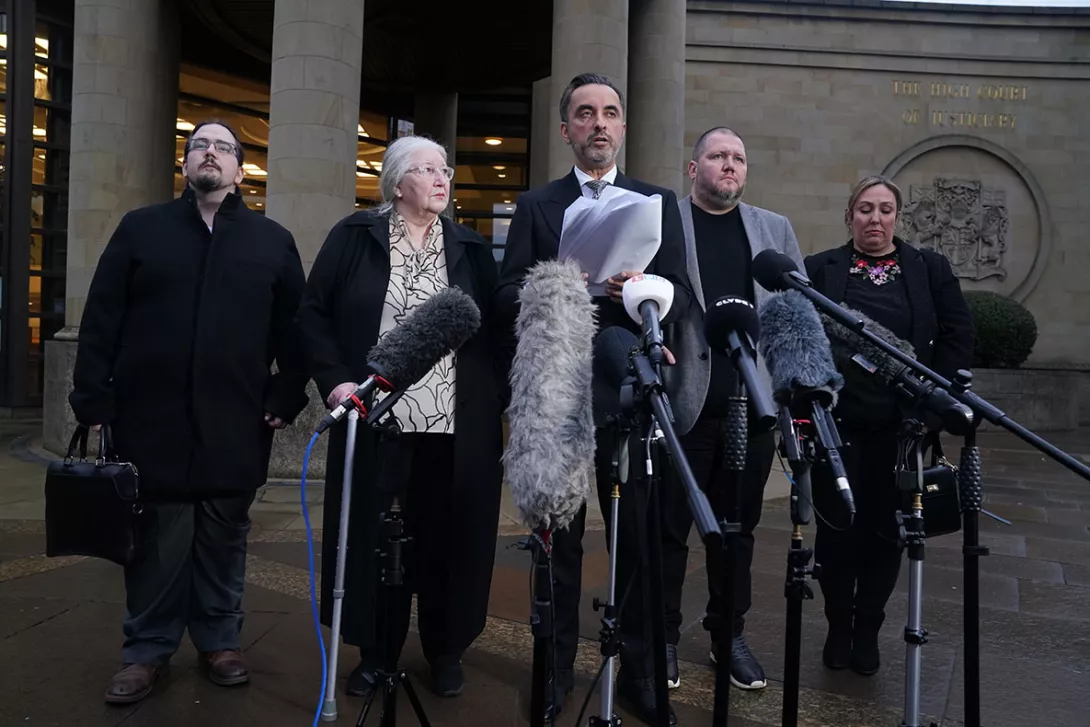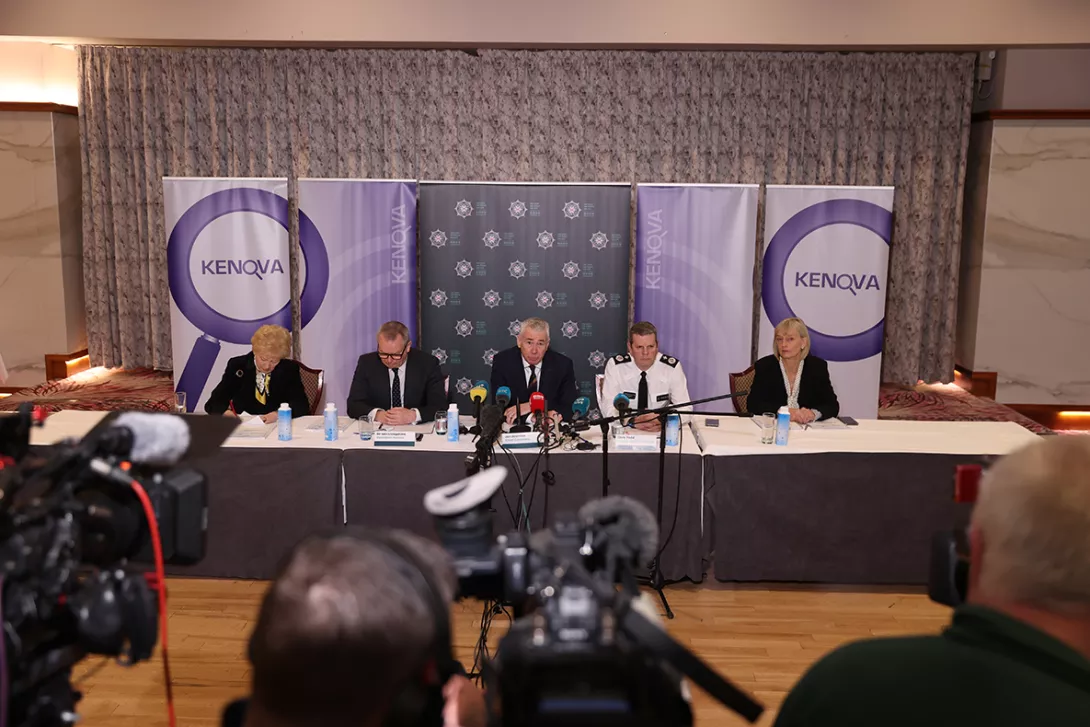
OPERATION Kenova was an independent investigation into a range of activities surrounding an alleged British state agent codenamed Stakeknife. Many people are concerned at the involvement of this alleged state agent in kidnap, torture and murder by the Provisional IRA during “the Troubles” and believe they were preventable.
The focus of the investigation was to ascertain whether there was evidence of the commission of criminal offences by the alleged agent including, but not limited to, murders, attempted murders or unlawful imprisonments attributed to the Provisional IRA.
It also looked at whether there is evidence of criminal offences having been committed by members of the British Army, the security services or other government personnel. Operation Kenova received documentation from victims’ family members; the Police Service of Northern Ireland (PSNI); the Ministry of Defence; MI5; the Metropolitan Police, members of the public and others.
The investigation included a panel of experts, four of whom were high-profile people involved in police and/or security work from New York, Los Angeles, Seattle, and New South Wales. The Chief Constable of Scotland and the former Police Ombudsman for Northern Ireland Baroness Nuala O’Loan DBE were also on the panel which was led by Jon Boucher, now the PSNI chief constable.
It is not surprising that the publication of the Kenova report on March 8 this year attracted massive media commentary in Ireland at least. What is concerning is that the report, which has taken eight years and cost over £40 million, will not lead to any prosecutions, begging the question, what was the point of it?
As the brother of one of those murdered said, “For all the new information that the report brings to light justice has not and will not be done.”
In its editorial, the Irish News wrote: “The state, which is charged with protecting people’s lives, was effectively co-opted into the murder and mayhem of one of the IRA’s most deranged units. It could have intervened to save the lives but didn’t; what an indictment.” The editorial also made the point that too much still remains in the shadows.
It quoted the example of Freddie Scappaticci who was codenamed Stakeknife, the British army’s top agent within the IRA’s self-styled Internal Security Unit (ISU) known as the “nutting squad.”
In one report in the paper, it was stated that investigations were made into 101 murders and abductions concluding that innocent people were killed by the ISU and that British agents were involved in the deaths of other informers.
The former head of Operation Kenova, Jon Boucher, now the PSNI chief constable, has suggested that some of those involved in the ISU’s activities, and at a senior level in the republican movement, were also on the British payroll.
The former police ombudsman Baroness Nuala O’Loan who was an adviser to Operation Kenova has stated that it is “hard to contemplate that there was not a single prosecution” in relation to the probe.
